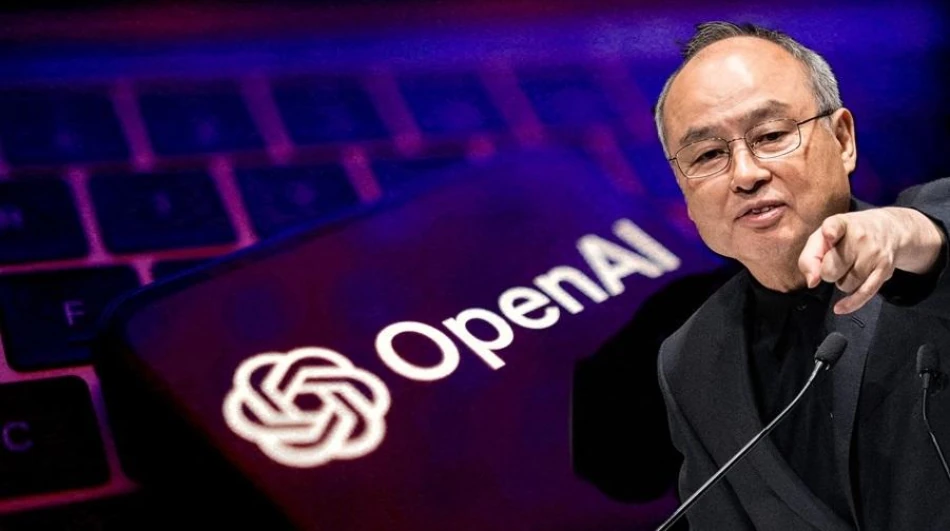
SoftBank Approves Final Tranche of Investment in OpenAI, Boosts AI Innovation
SoftBank just approved a massive $22.5 billion second payment to complete its $30 billion investment in OpenAI. But there's a catch - the AI company needs to restructure itself into a for-profit entity first, setting the stage for a potential public offering.
The Japanese investment giant's board made this decision as part of OpenAI's $41 billion funding round announced in April. SoftBank had already committed $10 billion in mid-April and another $30 billion in December, but only if OpenAI transforms into a profit-driven company by year-end.
Here's where it gets interesting - if OpenAI fails to complete this corporate restructuring, SoftBank's total investment drops to just $20 billion. The tech investor is clearly pushing hard to secure its stake in what many see as the most valuable AI company in the world.
SoftBank is racing against time to fulfill its OpenAI commitments. The company led a funding round that valued the AI startup at around $300 billion and promised to invest $30 billion by the end of the year. So far, it's only put in $7.5 billion.
To raise this money, SoftBank founder Masayoshi Son is turning to expensive financing methods. The company just issued $2.9 billion in high-yield hybrid bonds - a costly move that shows how desperate Son is to fund his AI bet.
These hybrid bonds let SoftBank delay interest payments and come with subordinated debt terms, which means investors demand higher returns. SoftBank will pay 8.25% on bonds due in 2065, with the first reset date in 2035. That's significantly higher than the 6.8% yield on comparable 2035 bonds.
The financing scramble reveals SoftBank's cash crunch. The company has been busy expanding margin loans backed by its ARM Holdings stake and selling T-Mobile US shares. It even issued $4.1 billion in yen-denominated bonds to Japanese retail investors - the largest such deal in Japan's history.
But traditional bank loans have been largely absent from this funding spree. As an investment holding company, SoftBank lacks the reliable operating cash flows that banks typically want to see for large financing deals.
This aggressive fundraising highlights the high stakes involved in the AI race. SoftBank clearly believes OpenAI will dominate the artificial intelligence market, but it's paying a premium to secure that position. The success of this bet could define both companies' futures in the rapidly evolving AI landscape.
Most Viewed News

 Omar Rahman
Omar Rahman






